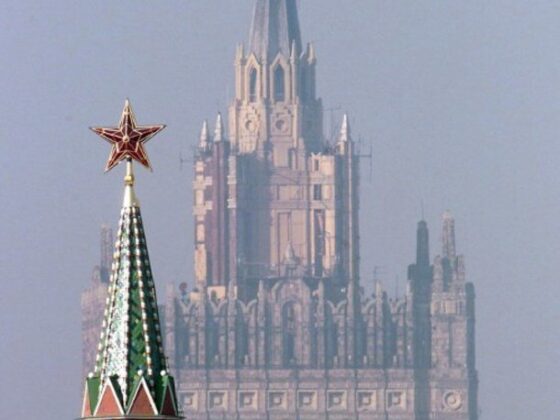Since independence, many post-Soviet states have witnessed a rise in religious tension, particularly between the predominant Orthodox churches, other faiths, and the secular requirements of modern governance. In Georgia, the bonds between the Georgian Orthodox Church and the state are longstanding and deep-seated. For centuries, the Church has played a pivotal role in the national identity of the country: in society, culture, economics, and politics.
As Georgia moves toward greater association with the EU, however, there have been some shifts in church-state relations that have challenged principles of secularism and Westernization. They have raised questions of tolerance and, in the context of contemporary geopolitics, the implications of the relationship between the Kremlin, the Moscow Patriarchate, and the Georgian Orthodox Church [>>]
See the Policy Memo Page or download the PDF










